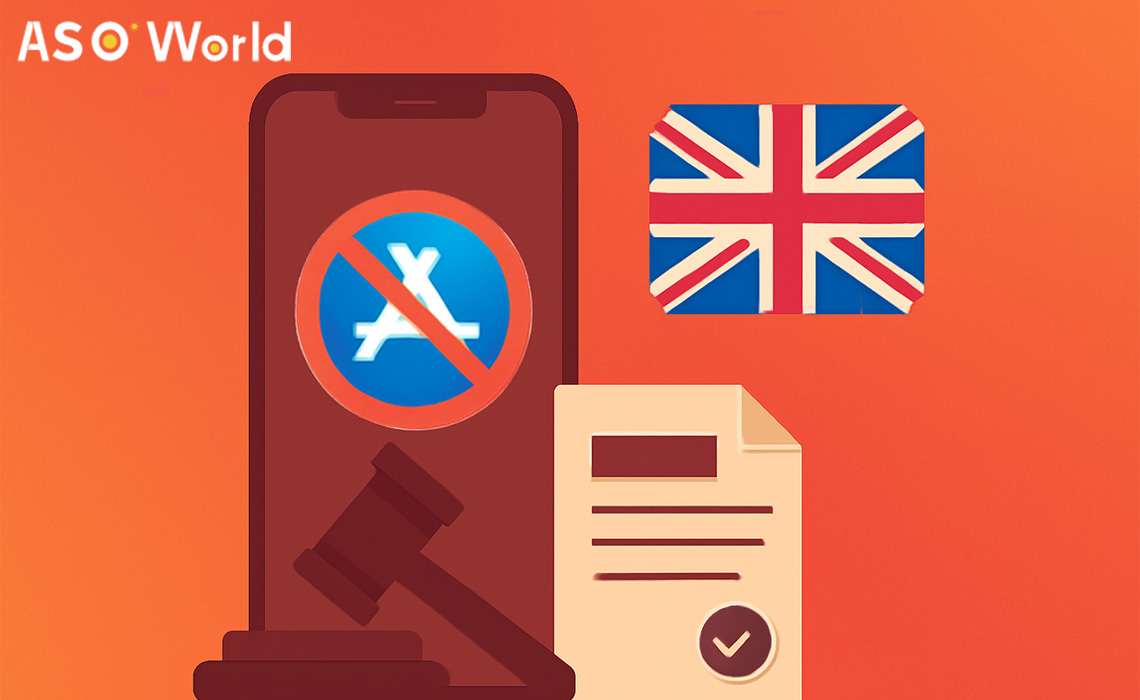





London tribunal rules Apple abused App Store dominance; ~20 million UK users become eligible for up to £1.5bn in damages.

A London Competition Appeal Tribunal (CAT) has ruled that Apple abused its dominant position in the UK mobile apps market by excluding rival distribution channels and charging “excessive and unfair” commissions on App Store purchases and in-app payments.
The decision clears the way for roughly 20 million UK iPhone and iPad users to seek compensation, with a separate hearing next month to determine how much is owed.
The CAT found that Apple’s control of iOS app distribution and its requirement that in-app purchases use Apple’s payments system foreclosed competition and enabled the company to charge commissions—commonly 30%—that the tribunal judged excessive and unfair under UK competition law.
The ruling covers conduct from October 2015 through the end of 2020.
This is the first mass consumer action against a Big Tech company to reach trial under the UK’s class-action-style collective proceedings regime; the tribunal said class members are entitled to damages, while the quantum and calculation method will be contested at an upcoming hearing.
The certified class is reported at about 20 million UK device users and the claim has been described in court materials as worth up to £1.5 billion (roughly $2 billion). Those figures will inform but not determine actual payouts, which depend on the forthcoming damages calculation.
Separately, a developer collective led by Dr. Sean Ennis has pursued claims targeting App Store commission practices; that developer action continues through the CAT on a parallel track and may overlap on some legal and factual issues.
The judgment arrives as Britain’s Competition and Markets Authority (CMA) has moved to designate Apple and Google with “strategic market status” for their mobile platforms — a status that gives the regulator new powers to impose targeted measures to improve competition in mobile ecosystems. That regulatory backdrop increases the potential for structural or behavioural changes to app distribution and payments in the UK.
Apple faces concurrent scrutiny in other jurisdictions, including EU and US proceedings and enforcement under new digital markets rules; the CAT decision therefore joins a string of legal and regulatory challenges putting sustained pressure on App Store policies worldwide.
A dedicated hearing will set the method and amount of damages in the coming weeks. Apple has signalled an intention to appeal the decision; both the appeal timetable and the damages calculation will determine the practical and financial consequences for the company and class members.
If damages are awarded and regulatory interventions proceed, developers could gain more flexibility in distribution and payments, while consumers might see lower effective prices or more purchasing options. The precise commercial impact will depend on the remedies ordered by regulators or courts.

The CAT ruling represents a watershed moment for platform accountability in the UK. It exposes how integrated distribution-and-payments systems can raise competition concerns when one firm controls both gateways and billing.
For app developers, this decision has several important implications: first, the possibility of receiving compensation if they were impacted by excessive fees; second, the potential for lower commissions or alternative distribution models as regulatory scrutiny intensifies.
Additionally, Apple’s future policies may shift in response to ongoing legal challenges and new market regulations. Developers should remain proactive, monitor policy changes, and consider diversifying their distribution and revenue models to capitalize on potential market shifts.
Get FREE Optimization Consultation
Let's Grow Your App & Get Massive Traffic!
All content, layout and frame code of all ASOWorld blog sections belong to the original content and technical team, all reproduction and references need to indicate the source and link in the obvious position, otherwise legal responsibility will be pursued.